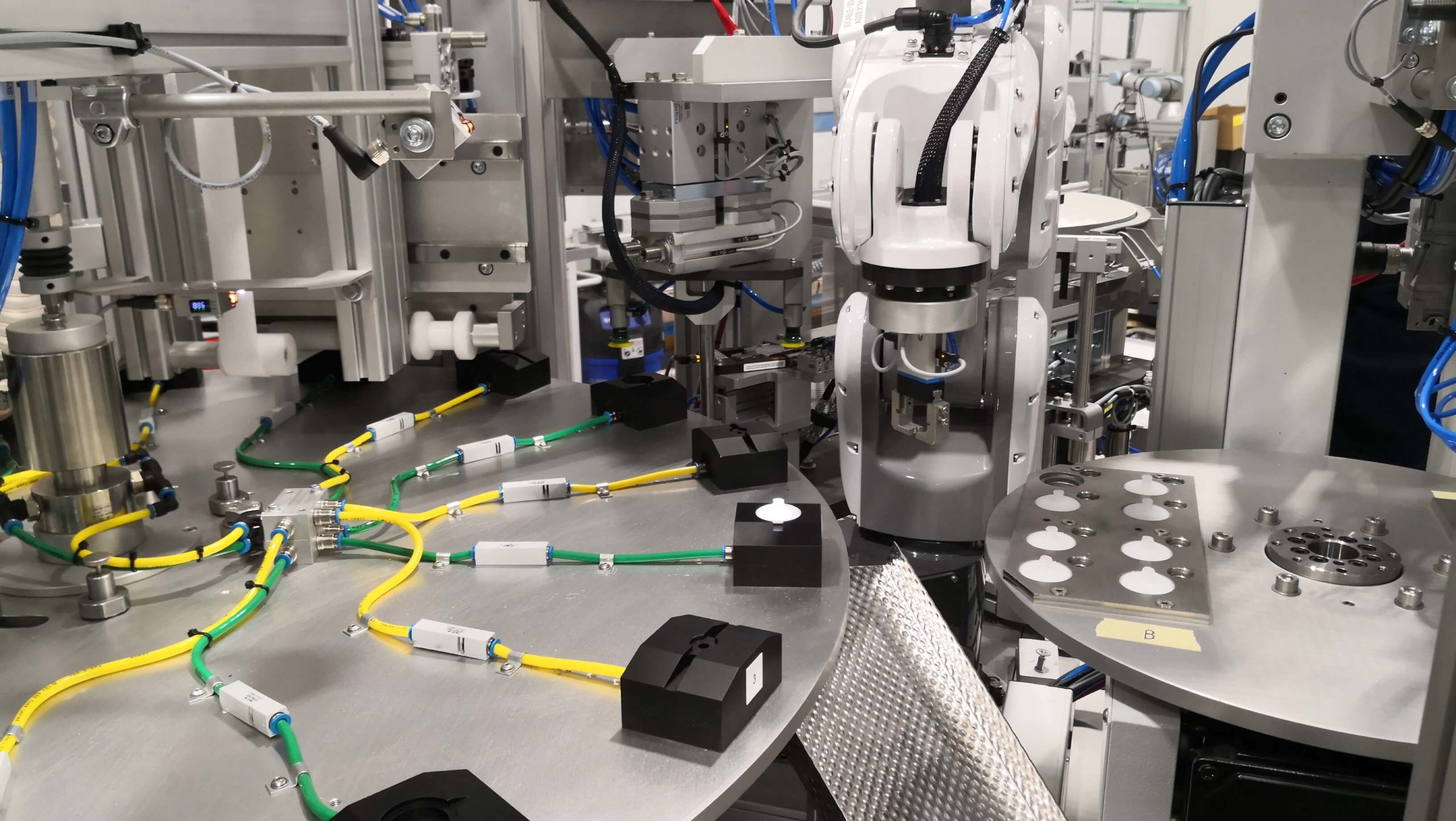
Every cell is a gen AI environment
The world of spreadsheets is about to undergo a major transformation. Paradigm, a new startup backed by renowned San Francisco accelerator Y Combinator, is using generative AI to revolutionize the way we interact with spreadsheets. Founded by 22-year-old recent University of Pennsylvania graduate, Anna Monaco, Paradigm aims to reimagine the spreadsheet for the modern white-collar worker.
Traditionally, spreadsheets like Google Sheets and Microsoft Excel have been limited in their capabilities. However, Paradigm is changing the game by leveraging generative AI to power each and every cell. With a $2 million seed funding round from Y Combinator, Soma Capita, and Pioneer Fund, as well as support from industry leaders like Arash Ferdowsi, cofounder of Dropbox, and Eoghan McCabe, founder of Intercom, Paradigm is poised to disrupt the spreadsheet industry.
Paradigm’s software uses AI agents built on proprietary and open-source gen AI models from third parties, including OpenAI’s GPT-4o and Meta’s Llama family. These AI agents scour the web for the information desired by the user and automatically populate the spreadsheet cells accordingly. According to Monaco, Paradigm is 1000x faster than manual data collection, completing an average of 500 cells per minute.
In a promotional video, Paradigm demonstrates its capabilities by showcasing a scenario where a user creates a new spreadsheet and instructs the software to look at Github for the most productive engineers and list them in order of their activity. With just one click, the AI agents fill in the cells with the desired information in real-time. The user can further enhance the spreadsheet by adding new columns and instructing Paradigm to pull information from various sources, such as LinkedIn, Github, and Twitter/X, to summarize their tech stack.
The real power of Paradigm lies in its scalability. Monaco envisions having tens of thousands of interns working in parallel, allowing users to accomplish tasks at an unprecedented speed. The video also demonstrates how Paradigm can compare potential engineering candidates to the user’s own team, as well as rate each engineer’s qualifications and experience against a job listing description.
Notable early users even as questions around accuracy remain
While Paradigm’s capabilities are impressive, questions remain about the accuracy of its AI agents. Large language models (LLMs) sometimes exhibit issues with hallucination and spotty math, which could impact the accuracy of the information pulled by Paradigm’s agents. However, the company is actively working to address these concerns and ensure the reliability of its AI-powered spreadsheet tool.
Despite these concerns, Paradigm has already attracted notable early users, including Google, Stanford University, Bain, and McKinsey. The company starts at $500 per month and is currently accepting new users through a waitlist on its website.
For enterprise decision-makers, Paradigm represents a significant leap in productivity tools, particularly for industries reliant on heavy data manipulation, such as consulting, recruiting, and sales. The ability to automate repetitive tasks and enhance data accuracy could lead to cost savings, faster decision-making, and more efficient use of human resources. Enterprises should closely monitor Paradigm’s progress and consider integrating AI-powered tools like Paradigm to stay competitive and improve internal operations.
In conclusion, Paradigm’s use of generative AI to power each cell in a spreadsheet has the potential to transform the way we work with data. With its impressive speed and scalability, Paradigm offers a glimpse into the future of spreadsheet technology. While questions around accuracy remain, the early adoption by notable companies and the potential for increased productivity make Paradigm a tool worth considering for businesses looking to streamline their data manipulation processes.

